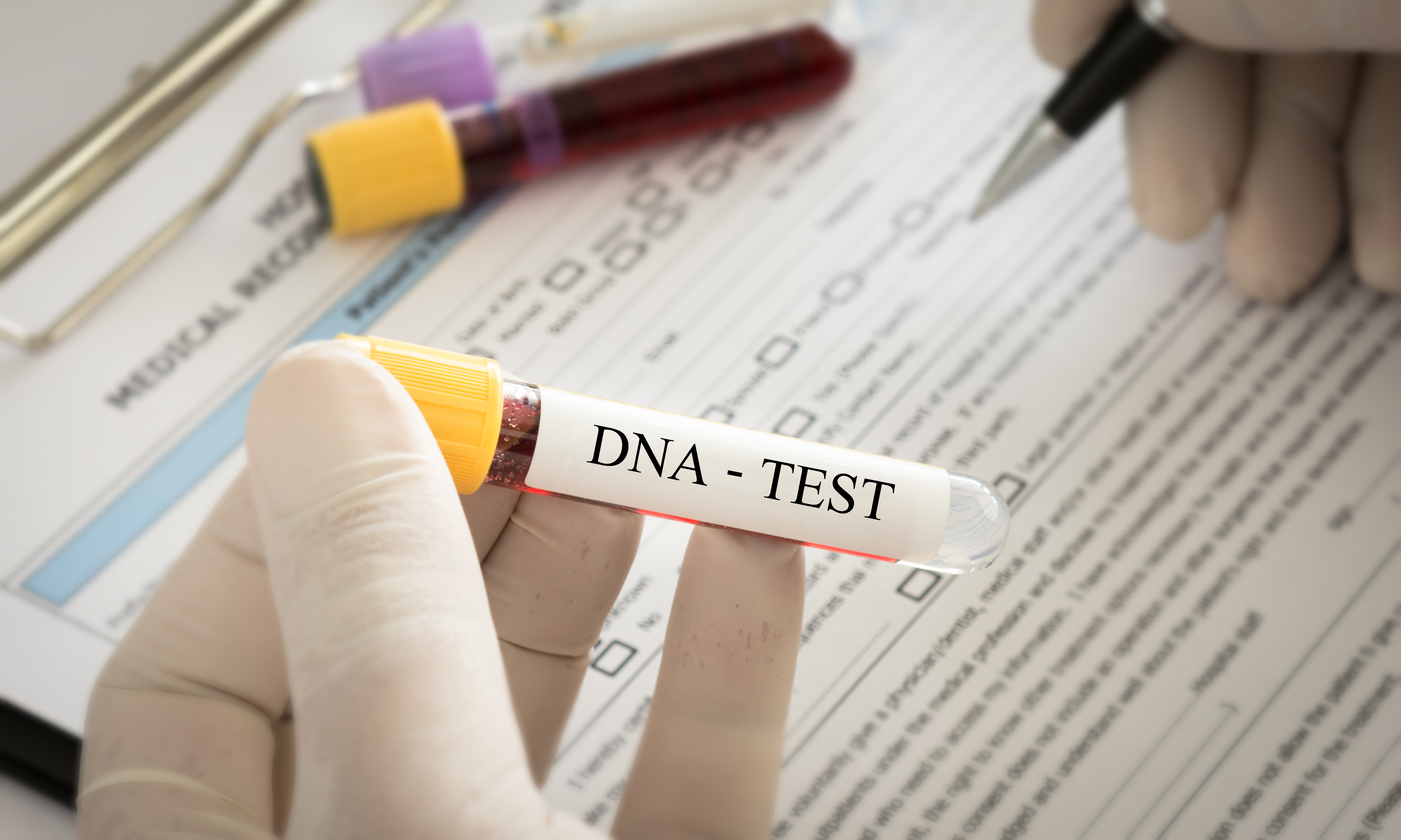Voluntary workplace genomic testing: wellness benefit or Pandora’s box?
By Kunal Sanghavi, Betty Cohn, Anya E. R. Prince, W. Gregory Feero, Kerry A. Ryan, Kayte Spector-Bagdady, Wendy R. Uhlmann, Charles Lee, J. Scott Roberts & Debra J. H. Mathews,
npj Genomic Medicine
| 01. 20. 2022
Consumer interest in genetic and genomic testing is growing rapidly, with more than 26 million Americans having purchased direct-to-consumer (DTC) genetic testing services1. The global consumer genetic testing market is anticipated to exceed $2.5 billion by 20251,2,3,4. Capitalizing on the increasing comfort of consumers with genetic testing outside the clinical environment, commercial vendors are expanding their customer bases by marketing genetic and genomic testing services, including testing for pharmacogenomic and pathogenic variants, to employers for inclusion in workplace wellness programs. For the purposes of this paper, voluntary workplace genomic testing (wGT) refers to both genetic and genomic testing offered by vendors through voluntary workplace wellness programs, as the full range of testing offered through such programs has not been robustly studied to date. Workplace wellness programs commonly include features like health risk assessments, biometric testing and screening, smoking cessation programs, and gym and health-club memberships5. We describe the potential appeal of wGT to employers and employees, how the ethical, legal, and social implications (ELSI) literature has approached the...
Related Articles
By Scott Solomon, The MIT Press Reader | 02.12.2026
Chris Mason is a man in a hurry.
“Sometimes walking from the subway to the lab takes too long, so I’ll start running,” he told me over breakfast at a bistro near his home in Brooklyn on a crisp...
By Katrina Miller, The New York TImes | 02.05.2026
Joseph Yracheta: The Native Biodata Consortium is the first nonprofit data and sample repository within the geographic bounds and legal jurisdiction of an American Indian nation, on the Cheyenne River Sioux Reservation in Eagle Butte, S.D.
NativeBio participated in a ...
By David Jensen, California Stem Cell Report | 02.10.2026
Touchy issues involving accusations that California’s $12 billion gene and stem cell research agency is pushing aside “good science” in favor of new priorities and preferences will be aired again in late March at a public meeting in Sacramento.
The...
By Lauren Hammer Breslow and Vanessa Smith, Bill of Health | 01.28.2026
On Jan. 24, 2026, the New York Times reported that DNA sequences contributed by children and families to support a federal effort to understand adolescent brain development were later co-opted by other researchers and used to publish “race science”...




